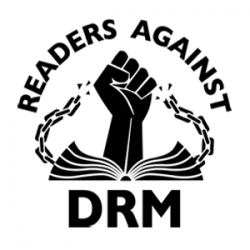Depuis que j’ai quitté les éclés pour m’exiler à Berlin, les ados me manquent. L’adolescence est une période folle où tout est intense, l’amour, le désespoir, l’enthousiasme, l’ennui et… la propension à la geekerie.
Un des plus grand lycées de France, le lycée Doisneau à Corbeil-Essonnes, organise tous les mois des sessions d’ouverture sur différents sujets. Nous avons la possibilité de consacrer la session de février à internet. Une heure et demie avec plusieurs classes pour parler collaboration, commons, partage du savoir et liberté. Les programmes officiels ne prévoient que des actions de sensibilisation au droit d’auteur et aux dangers d’internet..
Il me faut donc maintenant trouver un/une intervenant/e pour co-animer la séance. Les “objectifs” que j’ai en tête sont:
- les faire rêver et trancher à la fois avec les discours anxiogènes et le marketing des boites de SaaS, Facebook, Google et leurs petits cousins.
- briser le cliché du geek et faire comprendre que tout le monde a sa place dans les communautés qui s’occupent de technologie
- aborder la technologie et ses utilisations comme des enjeux politiques
Pour une fois, je ne pense pas centrer mon discours sur les questions de surveillance et/ou de censure, mais plutôt sur l’incroyable collaboration permise par internet et la copie à volonté Ex: Wikipedia, logiciel libre, différents projets Arduino… Je compte montrer des réalisations concrètes et motivantes puis expliquer pourquoi elles ne sont possibles que grâce à un réseau ouvert et neutre.
Qu’en pensez-vous ?
Ces prochains jours je vais contacter plusieurs personnes que j’imagine très bien dans ce type de discussion. Au travail pour mettre sur pied une sessions que les ados n’oublieront pas de si tôt !

